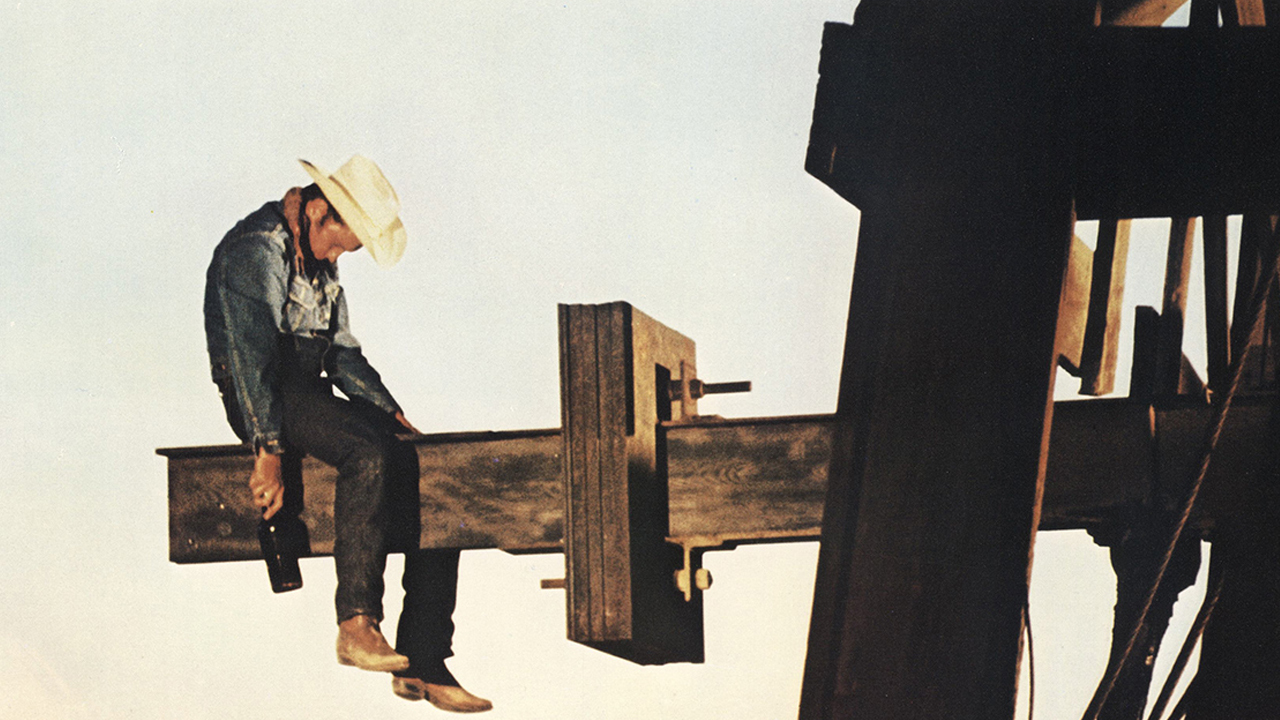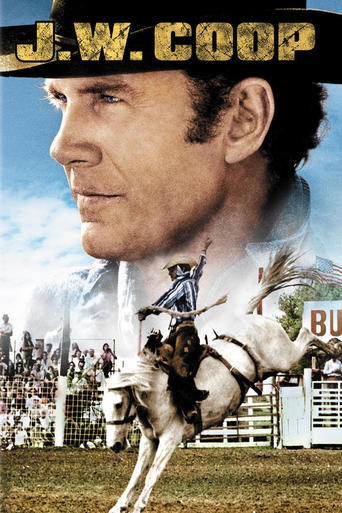

I like the storyline of this show,it attract me so much
... View MoreGood concept, poorly executed.
... View MoreI have absolutely never seen anything like this movie before. You have to see this movie.
... View MoreGreat story, amazing characters, superb action, enthralling cinematography. Yes, this is something I am glad I spent money on.
... View MoreCliff Robertson co-wrote, co-produced, directed and stars in this unassuming rodeo drama-cum-character study, a movie he personally financed for distribution through Columbia Pictures by keeping costs down and paying most of his actors scale. It's a handsome, occasionally laconic piece of work, crisp and not dawdling, helped immeasurably by Frank Stanley's sometimes good-sometimes brilliant cinematography. The star of a Texas prison rodeo, having just served 10 years in the jug for writing bad checks, is paroled and hits the rodeo circuit, where he works his way up to second-best cowboy (just behind an airplane-chauffeured hotshot who barely has to break a sweat to be number one). Robertson directs himself very well--it is one of his finest performances--though the same can't be said for many of the supporting players, many of whom are real-life rodeo performers portraying themselves. An air of detached amateurism coats the project, with much of the background and sideline action coming off as needless, over-the-top, or just plain sloppy. Still, when Robertson zeros in on a sequence--such as a rough fist-fight in a men's washroom or an idyllic getaway for Coop and his hippie girlfriend--the results can be stunningly effective. Robertson is contemplative and unafraid to allow curious scenes to run their course; Geraldine Page, as Coop's mother, has just one long sequence that doesn't appear to do much for the picture, yet Robertson finds the rhythm in the dialogue and eventually gets to the meditative payoff. I'm not quite sure what the final scene is meant to say, except that "a loner is a lonely man"...still, the artiness which underlines the film's climax is a bit alienating. It doesn't make for a big night at the movies. ** from ****
... View MoreThis hard to get, modern western is definitely one of the best film by Mr. Robertson, a fine, underrated actor and director. J.W. Coop, gives a realistic and honest view of a lonesome, luckless but brave man, an ex-con who tries and fails in the rodeo world and is also an underdog in life. Simple, brilliant story with Robertson's flawless acting matched by the late, grand Geraldine Page (as his mom). A fine cameo by the great character actor, R.G. Armstrong, and for the eye, there's the beautiful Cristina Ferrare who disappeared from films to marry Mr. John DeLorean (if somebody remembers the car in Back to the Future films.) So, catch it if you can!
... View Morejust reading the blurb and knowing that Cliff Robertson was a part of the film was enough for me to know that this was going to be a gem [although Robertson has made some horrible movies]. I got a pal of mine at work to run me a copy iny], and it surpassed my expectations. This film increased my resolve to attend rodeo school. Because it was something I always wanted and at forty-one years of age and never having ridden a horse I gave my wife and daughter a kiss and piled in my car for Georgia and the time of my life. Why rodeo? In the words of the author of RODEO: the Suicide Circuit, because it is the last place in these hard times where a man with nothing can meet it head on on his own *#*# terms and maybe do something. JW Coop conveys this perfectly. But this movie is not simply about rodeo. Like the film, the SAND PEBBLES, a man is trying to translate his existence into something meaningful. It is about a nobody going after the only thing in his life that makes sense. Just writing about it gets my blood up.Some would disagree with the ending, but I can see it no other way. If you want to see a movie about a man going after life this is one film sure to satisfy. I give JW COOP a three star [out of four] and it stands as one of my favorites.
... View MoreExcellent story about a cowpoke who wants to be the number one rider in the nation. He worked hard at it, and made his name well known on the circuit, even getting to the point of acquiring his own airplane. A good look at the rodeo from behind the scenes. Near the end was a very graphic scene of a cowboy caught up in the harness of a raging bull. I heard it was not a setup take, but was real footage from a rodeo. I know it made me cringe to watch it. 4 stars.
... View More